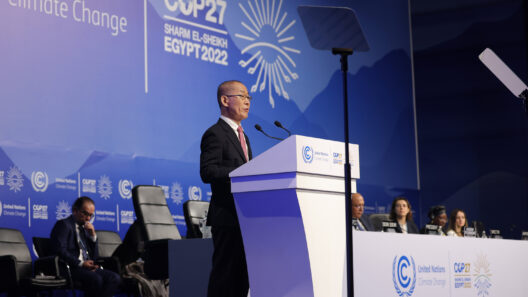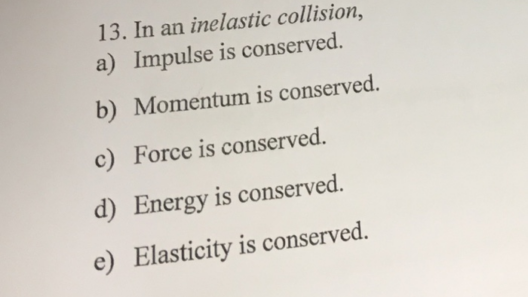In today’s economically conscious climate, businesses are increasingly aware that energy conservation is not merely a moral imperative but a financial one as well. Organizations across various sectors can significantly boost their bottom line by adopting energy-efficient practices. This article elucidates five effective strategies that businesses can implement to conserve energy while concurrently enhancing profitability.
1. Conduct Comprehensive Energy Audits
To embark on a journey towards energy conservation, a thorough energy audit is essential. This entails assessing current energy consumption patterns, pinpointing inefficiencies, and identifying opportunities for improvement. Engaging an energy consultant or using specialized software can yield invaluable insights. Findings may reveal that certain lights remain on after hours or HVAC systems operate inefficiently, drawing unnecessary power. By addressing these issues, companies can not only reduce their energy expenses but also lay the groundwork for a more comprehensive sustainability strategy.
2. Invest in Energy-Efficient Technology
As technology advances, the market is increasingly replete with energy-efficient alternatives that promise to reduce consumption. Businesses can significantly mitigate their energy footprint by transitioning to LED lighting, Energy Star appliances, or high-efficiency HVAC systems. Although the initial investment may be considerable, the long-term savings on utility bills can be substantial. Moreover, deploying smart technology, such as programmable thermostats and energy management systems, can optimize energy use in real-time. Included in this is the prospect of utilizing renewable energy sources such as solar or wind, which can substantially reduce or even eliminate utility costs over time.
3. Embrace Remote Work and Flexible Scheduling
The emergence of remote work has revolutionized traditional business models, allowing for a noteworthy reduction in energy consumption. By permitting employees to work from home, companies can decrease the overall energy used in their offices. Furthermore, flexible scheduling can facilitate energy savings by avoiding peak demand hours, when energy rates are highest. This innovative approach not only conserves energy but also enhances employee satisfaction, leading to improved productivity and retention.
4. Foster a Culture of Energy Awareness
Ultimately, energy conservation hinges on the collective effort of the workforce. Cultivating a culture of energy awareness among employees is paramount. This could be accomplished through training sessions, informational newsletters, and setting energy-saving challenges or competitions within the organization. Encouraging staff to take ownership of their energy consumption habits—such as turning off unused devices and utilizing natural light—can lead to cumulative savings. Moreover, recognizing and rewarding energy-conscious behaviors can further instill this ethos across the enterprise.
5. Optimize Operational Processes
The operational processes of a business can be optimized to enhance energy efficiency. Review and refine workflows to eliminate redundancies that consume unnecessary energy. An investment in automation and advanced manufacturing processes can minimize the energy expended in production while maintaining product quality. Furthermore, employing data analytics can enable companies to identify patterns in energy usage, allowing them to make informed decisions about resource allocation. Adopting lean principles not only streamlines operations but also translates into energy savings and waste reduction.
The aggregation of these strategies yields profound benefits, not solely in energy conservation but also in enhancing the company’s fiscal health. Beyond cost savings, adopting energy-efficient practices bolsters a company’s brand image and can even render it more appealing to environmentally conscious consumers and investors. In an era where stakeholders increasingly prioritize sustainability, companies that proactively pursue energy conservation are positioning themselves for long-term success.
In summary, the overarching implication of these strategies emphasizes a critical observation: energy conservation is not merely a compliance issue or a fleeting trend. It is a long-term investment that resonates profoundly with fiscal responsibility and corporate social responsibility. By conducting energy audits, investing in cutting-edge technology, embracing flexible work arrangements, cultivating a culture of awareness, and optimizing operational processes, businesses can embark on a transformative path that conserves energy and significantly boosts their bottom line. As the stewardship of natural resources becomes an essential component of corporate strategy, those that lead in energy conservation will undoubtedly emerge as the industry pioneers of tomorrow.







